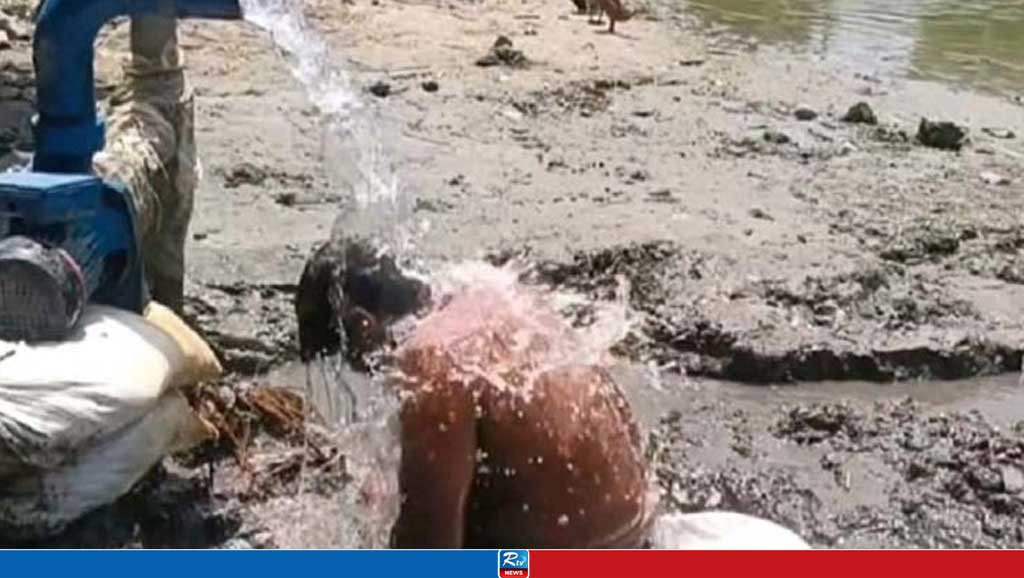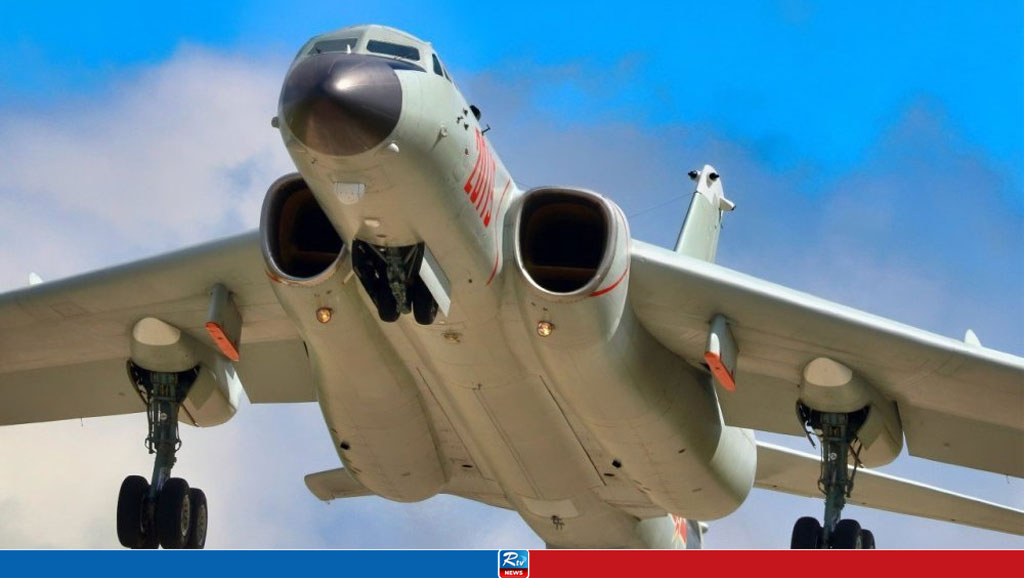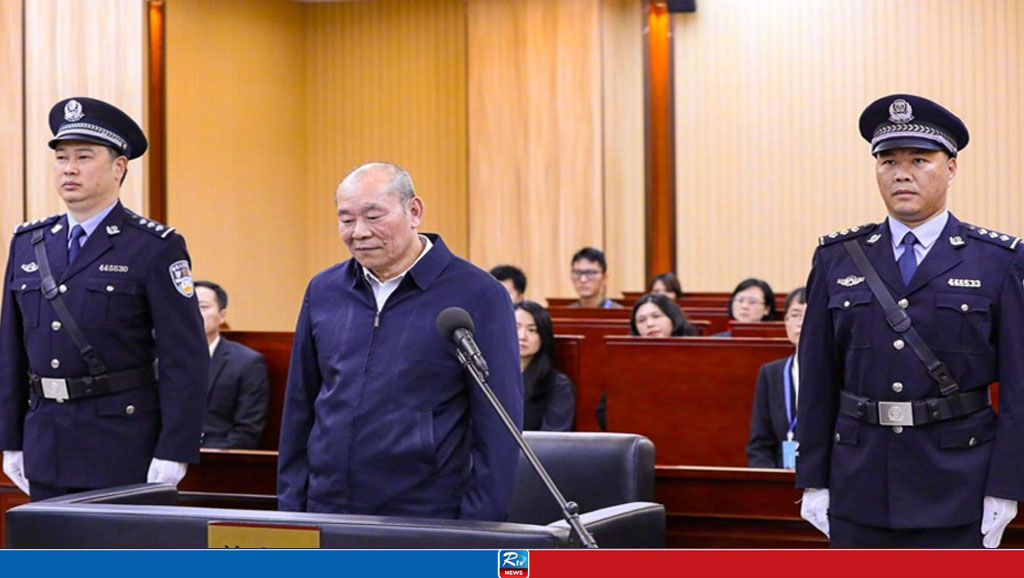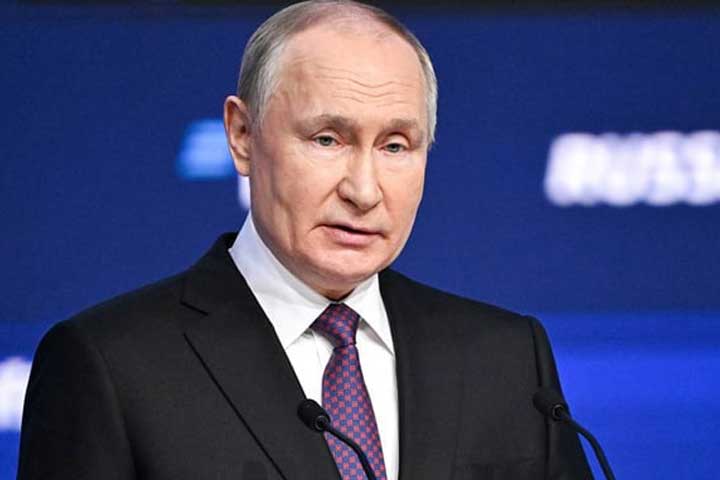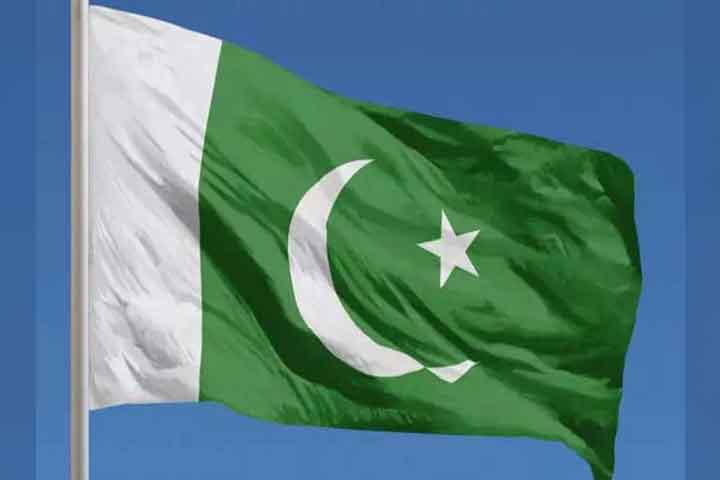‘No one is safe’: China purges record number of senior officials in 2023, with more ‘tigers’ likely to fall
China’s battle against corruption set new records last year, with the ruling Communist Party’s anti-corruption watchdog launching probes into 45 senior officials, according to a tally by the South China Morning Post.
The record number of investigations came five years after Chinese President Xi Jinping declared a “crushing victory” in his war on corruption, a sweeping crackdown that was launched in 2013. The ongoing probe signals that he has little interest in letting up on an effort to clean up China’s officialdom while pushing authorities ever harder to implement his policies.
The number of senior-level investigations launched in 2023 jumped by 40 per cent compared with 2022, when the Central Commission for Discipline Inspection (CCDI) – China’s top anti corruption agency – recorded 32 investigations into high-ranking officials, based on official announcements by the CCDI.
Do you have questions about the biggest topics and trends from around the world? Get the answers with SCMP Knowledge, our new platform of curated content with explainers, FAQs, analyses and infographics brought to you by our award-winning team.
China’s disciplinary enforcers add ‘bad’ books, sex, drugs to serious offences
Most of the subjects who were placed under investigation – sometimes referred to as “tigers” – belonged to a pool of officials known as “centrally managed cadres”, meaning they held ranks at the deputy ministerial level or above. A smaller number of them held slightly lower ranks but occupied key positions in important sectors.
Unlike their subordinates who are managed and supervised by the local branches of the party’s organisation and disciplinary agency, the group of senior officials are under direct management of the Communist Party’s Central Organisation Department, its top personnel body. If any wrongdoing is found, they would face top level investigations from the CCDI.
Twenty-seven of the 45 senior cadres who had faced detention by the disciplinary watchdog were found to have retired from their positions when they faced investigation, according to further research.
Deng Yuwen, a former deputy editor at the Study Times, official newspaper of the Central Party School where cadres are trained, said the fact that most of the CCDI’s investigations focused on retired officials signalled that the probes uncovered more misconduct before Xi took power, and that such retirements would not allow the individuals to avoid further investigation.
“Among the officials arrested in recent years, not many were caught for corruption in their current positions. Most of the problems occurred in the past few years, or even more than 10, 20 years ago. The CCDI is no longer following the previous unspoken rule that retired officials will be spared from investigation,” he said.
“Now, no one is safe. As Xi digs deeper, he just finds more problems that accumulated over the past three decades due to rapid economic development and lax party discipline. And there is no sign of him stopping the digging.”
A total of 294 senior officials have been sacked by the CCDI in the 11 years since the anti-corruption campaign was launched, according to the Post’s count.
However, this number does not include most of the corruption probes in the Chinese military, which conducts its own investigations through the Discipline Inspection Commission. The agency, which operates within China’s top military command – the Central Military Commission (CMC) – led by Xi, operates under extreme secrecy.
Beijing announces such cases very selectively, as it did for the investigations of former CMC deputy chairmen Xu Caihou and Guo Boxiong during Xi’s first presidential term. They were the highest ranking officers in the People’s Liberation Army to be targeted since the anti-corruption drive began.
Before 2023, the most senior officials investigated in a single year by the CCDI had been in 2014, when 38 individuals were targeted.
In 2020, 18 officials were placed under investigation. But since then, the annual tally has been rising: 25 high ranking officials were investigated in 2021, and 32 in 2022.
On Saturday, the National People’s Congress, China’s top legislative body, announced the dismissal of nine generals.
Five of the officers were either past or current top commanders in the PLA Rocket Force, a key component of the country’s nuclear arsenal. They included Li Yuchao, who had commanded the rocket force from January last year until he was replaced in July, and his former deputy, Zhang Zhenzhong.
Beijing has not confirmed if any of the nine men were under investigation for alleged corruption, although some were reportedly being probed earlier last year.
A political researcher at Peking University said there were many obvious signs that suggest that China’s “tiger hunt” will expand even further in 2024.
“We have the removal of [former foreign minister] Qin Gang and [former defence minister] Li Shangfu. We also saw the National People’s Congress just officially dismiss nine PLA generals, indicating a sweeping investigation in the military has got preliminary results,” said the researcher, who declined to be named due to the sensitivity of the matter.
China, Vietnam pledge cooperation against corruption for ‘clean Silk Road’
No reasons have been provided for the dismissals of Qin and Li, who were both stripped of their positions last year.
“I suspect only a tiny amount of information regarding these cases will be released to the public, just for minimal formalities.”
The CCDI will begin its third plenum from next Monday to lay out the work priorities in the new year for tens of millions of discipline inspectors across the country.
06 Jan 2024,18:41

















 Live Tv
Live Tv
